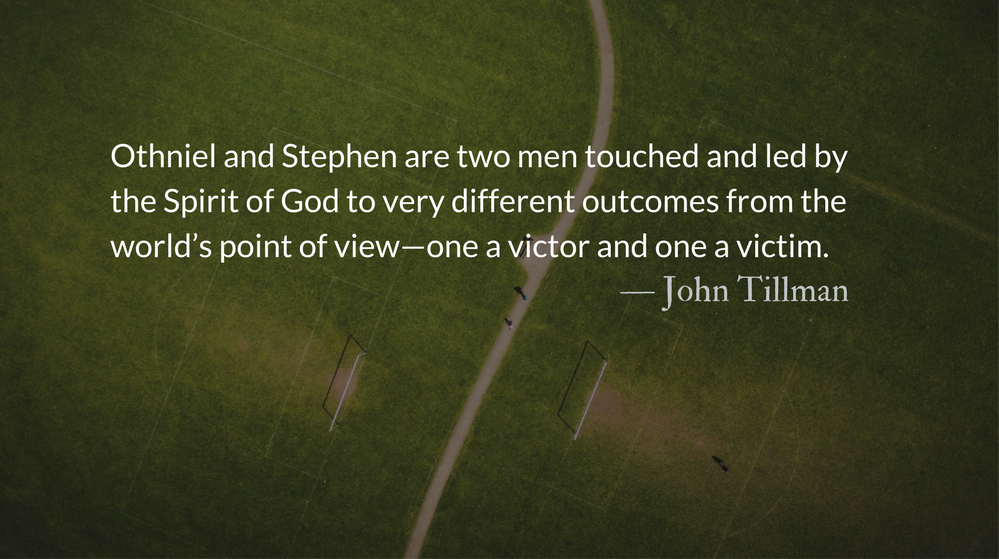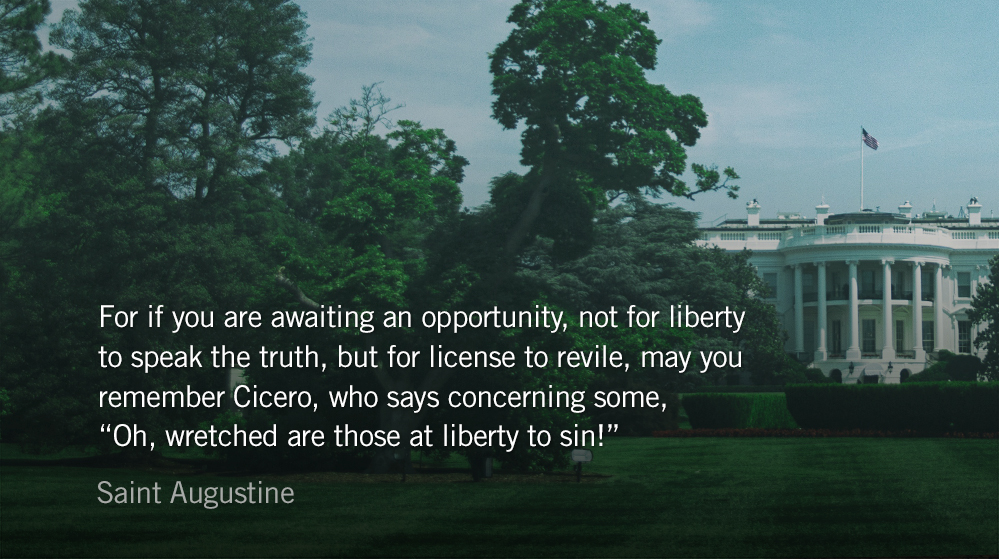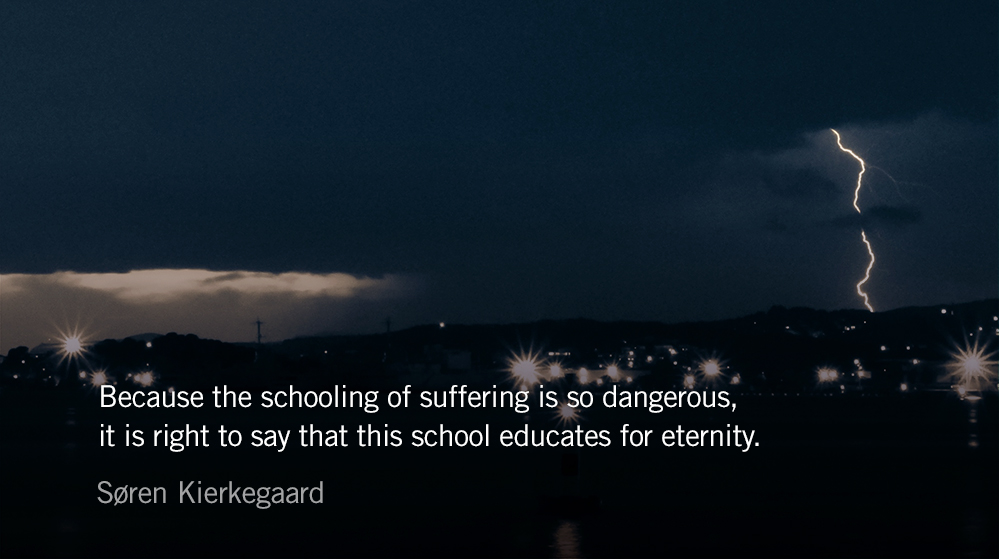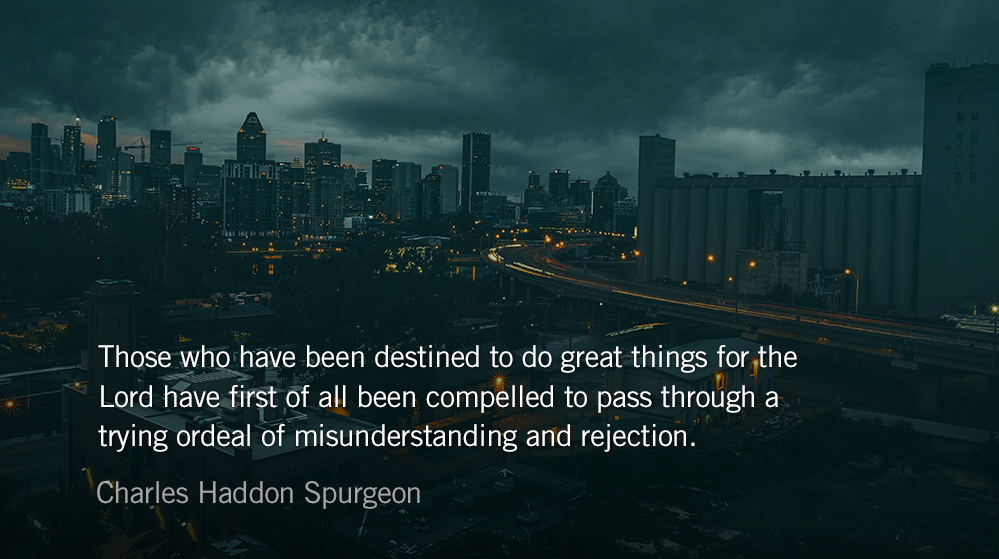We pause Readers’ Choice today to take a closer look at a common thread in today’s readings in Judges and Acts. Readers’ Choice will resume tomorrow. — John
Scripture: Acts 7.55
But Stephen, full of the Holy Spirit, looked up to heaven and saw the glory of God, and Jesus standing at the right hand of God.
Reflection: The Necessity of The Spirit
By John Tillman
Many times in Judges, the Israelites rebelled over the course of one generation and from the next generation a Judge would rise up to save them. But not the first Judge, Othniel. He had been there the whole time.
Othniel was already a great hero of Israel. He had every advantage and privilege available to him at that time. He was wealthy from his military conquests. He was part of an influential family. He was a seasoned military leader. He even had a strong spiritual heritage, being from the family of Caleb, a mighty hero of faith. But despite this, Israel suffered and Othniel could not save them. Until God’s Spirit came on him.
Othniel may have been a great leader and a great warrior. But it was the Spirit of God, not Othniel or his skills that saved Israel. In Othniel’s day, the Spirit of The Lord coming on a leader was a miraculous event—something that rarely happened. But in our case the miracle has already occurred. The only thing keeping us from accessing the Holy Spirit is…us.
Jesus promised the Holy Spirit and told the disciples that it is to our benefit that he leave and the Spirit come. But the benefit may not be something that looks like victory to the world. In Acts today we read of Stephen, who was filled with the Spirit and spoke with power and was stoned to death.
Othniel and Stephen are two men touched and led by the Spirit of God to very different outcomes from the world’s point of view—one a victor and one a victim. In many ways, the Kingdom perspective of their situations is the reverse of the worldly outcome.
Othniel seems to have won a great victory, until you read a few verses on and 40 years later, Israel is back in the same predicament. Stephen seems to have lost everything, until you read a few chapters and discover in 40 years that the church he died for was spread across the known world by one of the very men who helped put him to death.
We need the Spirit in our lives not because our skills, our wealth, and our influence cannot accomplish things of significance, but because what is truly significant is often hidden, like a treasure buried in a field, and we must follow the Spirit, forsaking all else to find it.
The Concluding Prayer of the Church
Renew in my heart, O God, the gift of your Holy Spirit, so that I may love you fully in all that I do and love others as Christ loves me. May all that I do proclaim the good news that you are God with me. Amen.
– From The Divine Hours: Prayers for Summertime by Phyllis Tickle.
Full prayer available online and in print.
Today’s Readings
Judges 3 (Listen – 4:30)
Acts 7 (Listen – 8:49)











